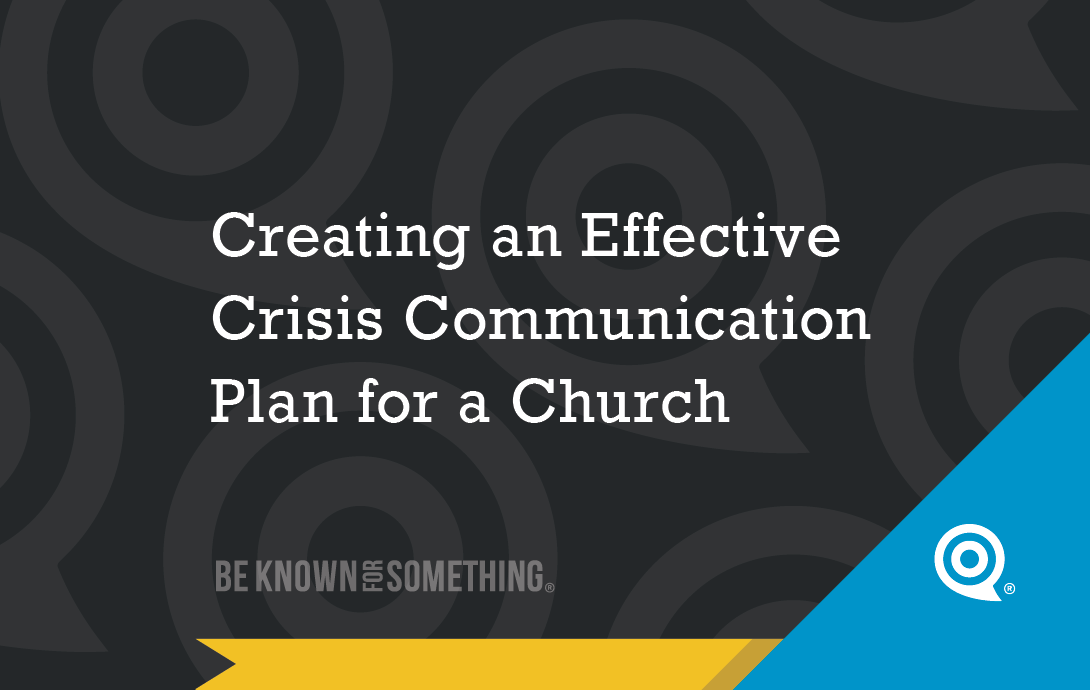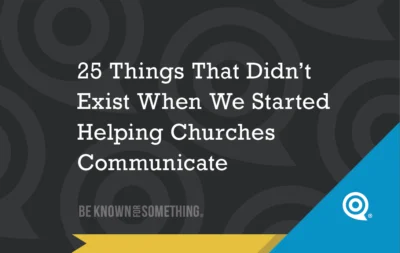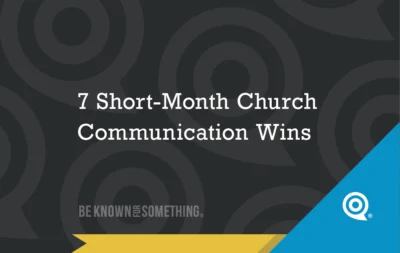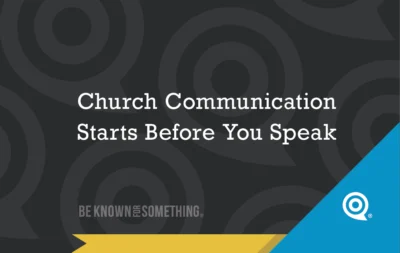Creating an effective crisis communication plan for a church (5 simple steps)

In times of church crisis, clear and effective communication can make a crucial difference in maintaining trust and ensuring the safety and well-being of your congregation (read reasons why a church needs a Crisis Communication Plan). As a pastor of congregations of all sizes, having an effective crisis communication plan is not just a necessity but a responsibility. Here are five simple steps to help create that crisis communication plan (adapt them to your church):
1. Identify Potential Crises and Create Scenarios
Start by identifying potential crises that could impact your church (e.g., natural disasters, health emergencies, leadership scandals, or security threats). For each potential crisis, consider detailed scenarios outlining possible developments and impacts. Here are practical tips to get started:
- Risk Assessment: Evaluate the likelihood and potential impact of each crisis (e.g., ranked 1 to 10).
- Engage a Team: Involve other ministry leaders in a brainstorming session to ensure a diversity of perspectives. You’ll be surprised how helpful their input will be — plus it builds trust.
- Write Simple Scenarios: Including a potential timeline for events in the anticipated challenges. Want will the response time be?
2. Establish a Crisis Communication Team
A dedicated crisis communication team ensures that roles are clear and responses are swift and organized. This team should include key church leaders, communication people, and volunteers who can handle various aspects of crisis management. Tips for doing this (adapt to the size of your congregation):
- Assign Roles: Clearly define roles (e.g., spokesperson, media liaison, internal communication coordinator) in case of each potential scenario. Will it be the same each time?
- Provide Training: Ask the team how comfortable they are with their roles. Offer training sessions to ensure each person understands their responsibilities. This is a huge responsibility, treat it seriously.
- Create a Contact List: Maintain an updated list of your team members with contact information and backup contacts. Ensure that several people have access to this list (e.g., private Google document).
3. Develop a Communication Strategy
Your communication strategy should outline how information will be disseminated during a crisis. This includes deciding on the platforms, channels, and tools you will use to reach your congregation and the broader community (if needed). Tips for doing this:
- Choose Communication Channels: Identify the best, trusted channels for your members (e.g., email, social media, church website, text messaging, stage, etc.).
- Craft Key Messages: Prepare short (but adequate) key messages that can be quickly adapted to different situations. These should be clear, biblical, compassionate, and truthful.
- Set Up Templates: Create basic templates for emails, social media posts, and press releases to speed up the communication process. Consider a simple (and branded) graphic template too.
4. Establish a Timeline for Communication
During a crisis, it’s important to maintain consistent communication with your members. For some scenarios, you’ll want to inform the public too. Establish timelines to ensure that everyone receives accurate and timely information. Tips for doing this (when a crisis happens):
- Unified Messaging: Ensure all communications are consistent across all channels to avoid confusion.
- Internal Briefings: Establish a schedule for briefings with your crisis communication team and church staff to keep everyone informed.
- Media Engagement: Develop a plan for engaging with the media, including who will speak on behalf of the church and how to handle interviews. Create a list of media contacts for future needs. Reserve this step for a clearly defined crisis that warrants it (define what that means).
5. Review Your Plan and Conduct Drills
Regularly review your crisis communication plan. For some churches, you should conduct drills to test the plan. These reviews help identify weaknesses and will improve response. It also ensures that your team remains prepared and confident in their roles. Tips for doing this effectively:
- Simulate Crises: Conduct test drills simulating different crisis scenarios to check your plan’s effectiveness. These can be a “fun” run-through but your team must understand the importance of a potentially serious crisis.
- Debrief and Improve: After the drill, hold a debriefing session to discuss what went well and what needs improvement. Should something change? Do it.
- Review Annually: Review and update your crisis communication plan annually to account for changes in people, technology, and potential risks.
By following these five simple steps, pastors can build a robust and effective crisis communication plan for their church. This proactive approach not only protects your congregation but also reinforces trust and unity within your church community. It’s truly for peace of mind as you pray for your church to never have to use your plan.

Want 25 Game-Changing Resolutions?
Related Posts

25 Things That Didn’t Exist When We Started Helping Churches Communicate
Back in 2001, we launched Be Known for Something from the old Krispy Kreme test-kitchen and marketing offices in Winston-Salem,

7 Short-Month Church Communication Wins
February is the shortest month of the year, which makes it perfect for simple church communication improvements that don’t require

Church Communication Starts Before You Speak
Church communication does not begin with a sermon. Instead, it begins the moment someone arrives on your property. Before a

